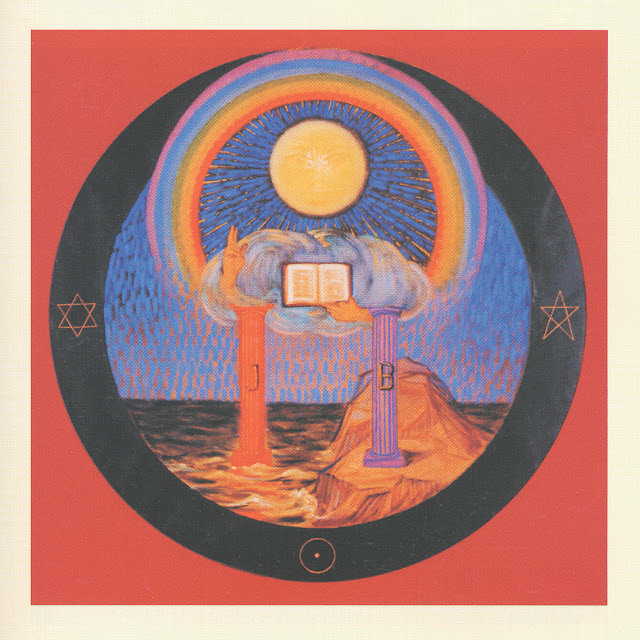Rudolf Steiner:
Anything that leads us away from a living connection with the world, as solitary inward brooding does, or anything that brings us into discord with the world, will have a hardening effect.
Here is an appropriate occasion to refer once more to the widely misunderstood saying, “Know thyself!”, which has a meaning valid for all epochs. Only when a man realises that he belongs to the whole world, that his Self is not confined within his skin but is spread out over the whole world, over sun and stars, over all earthly creatures, and that this Self has only created an expression of itself within his skin — only if he recognises that he is interwoven with the entire world — only then can he make proper use of the saying, “Know thyself”. For self knowledge is then world-knowledge. A man who fails to realise this is like a finger which imagined it could achieve an individual existence apart from the rest of the organism. Cut it off, and in three weeks it will quite certainly no longer be a finger. The finger has no illusions about that; only man supposes that he could do without any connections with the world. World-knowledge is self-knowledge and self-knowledge is world-knowledge. Any sort of inward brooding is merely a sign that we cannot get away from ourselves.
Very great harm is therefore done when in certain theosophical circles today it is said: A solution of the riddle of existence will not be found in the world outside, or in phenomena permeated by the spirit, but in your own self. “Look for God in your own breast” — that is the injunction often heard. “You need not exert yourself to seek for revelations of the cosmic Spirit out there in the universe. You have only to look within yourself; you will find it all there.” This kind of instruction does the student very bad service. It makes him proud and egoistic with regard to knowledge. The result is that certain theosophical directives, instead of training a person in selflessness, instead of freeing him from himself and bringing him into relation with the great riddles of existence, have a hardening effect on him. One can appeal to man's pride and vanity by telling him: “You need learn nothing from the world; you will find it all in yourself.” We appeal to truth when we show that to be in harmony with the great world can enable a man to become greater in himself and therefore greater in the world.
This applies also to human feeling and to the entire content of the Intellectual Soul, which gains in strength when a man knows how to achieve harmony between himself and the outer world. Strength and power are not acquired by sitting down and brooding all day long over such questions as — “What shall I think now? What shall I do? What's that pain I feel coming on again?” — but by opening the heart to everything great and beautiful in our surroundings, and by showing interest and understanding for everything that warms the hearts of others, as well as for their wants and privations. In this way we strengthen the life-forces in the realm of feeling within us; we overcome narrow-minded egoism and we enhance and enrich our ego by bringing the true form of egoism into harmony with our environment.
This comes out very clearly when we consider the human will and the Consciousness Soul itself. A man who exerts his will only for himself and his own advantage will always feel inwardly dissatisfied. Only when he can see his resolves reflected in the outer world and his will-impulses realised in action — only then can he say that he has brought his willing into harmony with outer events. And here we learn that our inner strength and power are not developed by anything we will for ourselves, but by whatever we will for the outer world and for other people. Our willing becomes reality and its reflection shines back to us. As our eyes are formed by light, so is our strength of soul developed by our actions and activities.
Thus we see how man, as a self-conscious being, is able through a right comprehension of his “I”, his ego, to arrive at harmony between himself and the world around him, until he grows out of himself and accomplishes the birth of what we may call a higher man. In this way he brings forth something in himself, even as a plant on a lower level brings forth out of itself a new being at the moment when it is in danger of becoming hardened in its own existence. That is how we must understand egoism. The human ego, having been fructified by the surrounding world, brings forth on the heights of existence a new ego, and will then be ripe to flow out into actions which would otherwise give expression only to worthless demands and useless moral postulates. For only through world-knowledge can the will be fired to act on the world in return.
Source: November 25, 1909





No comments:
Post a Comment